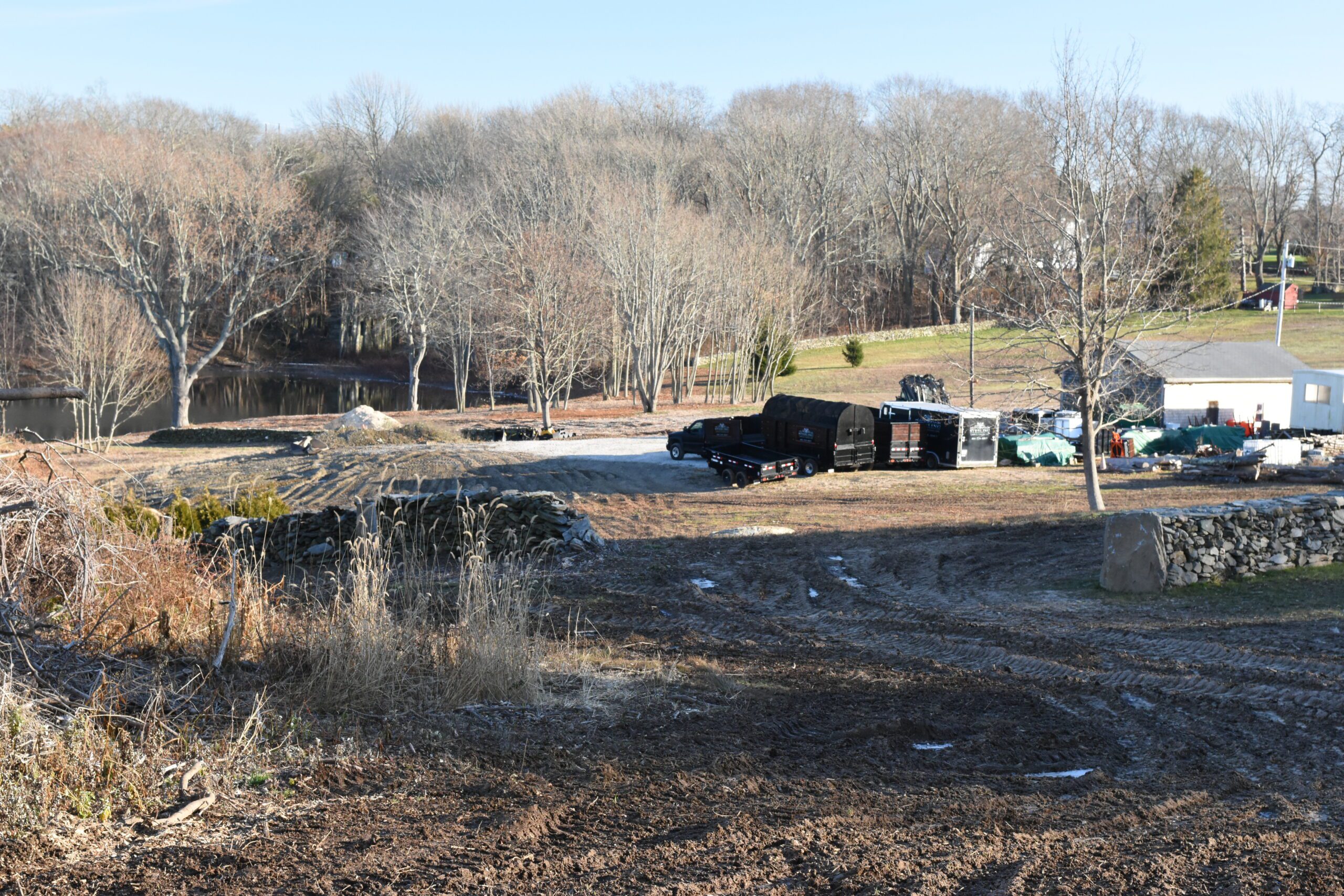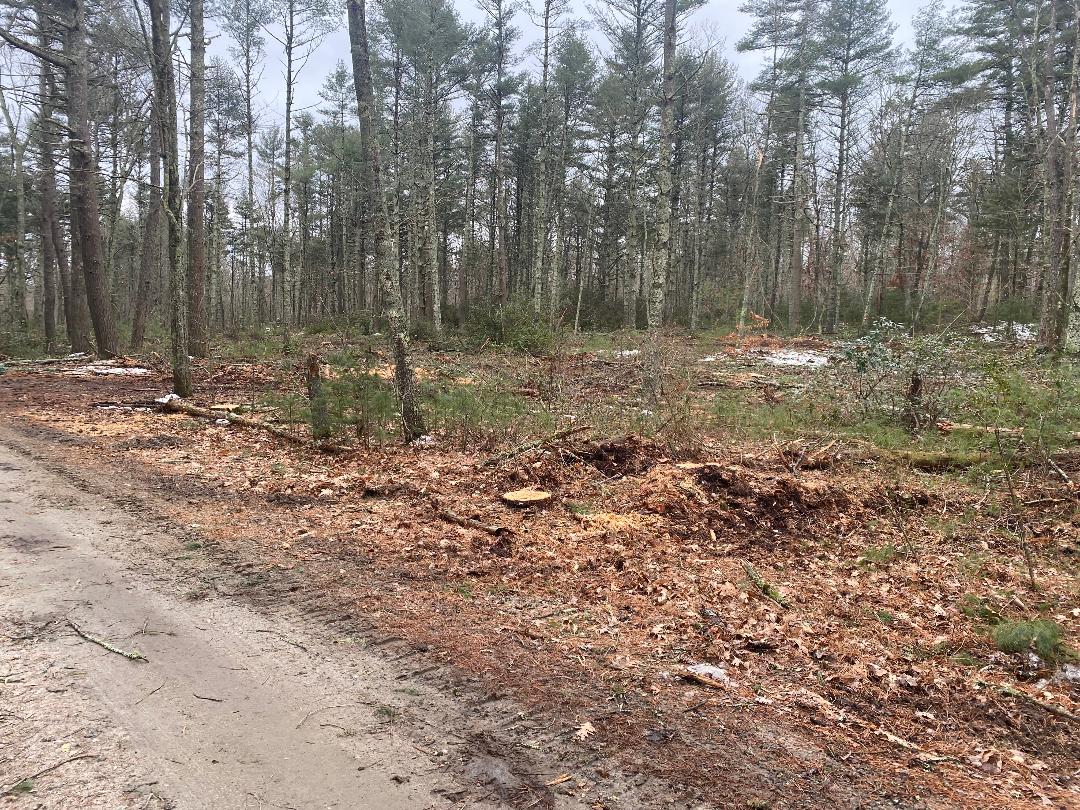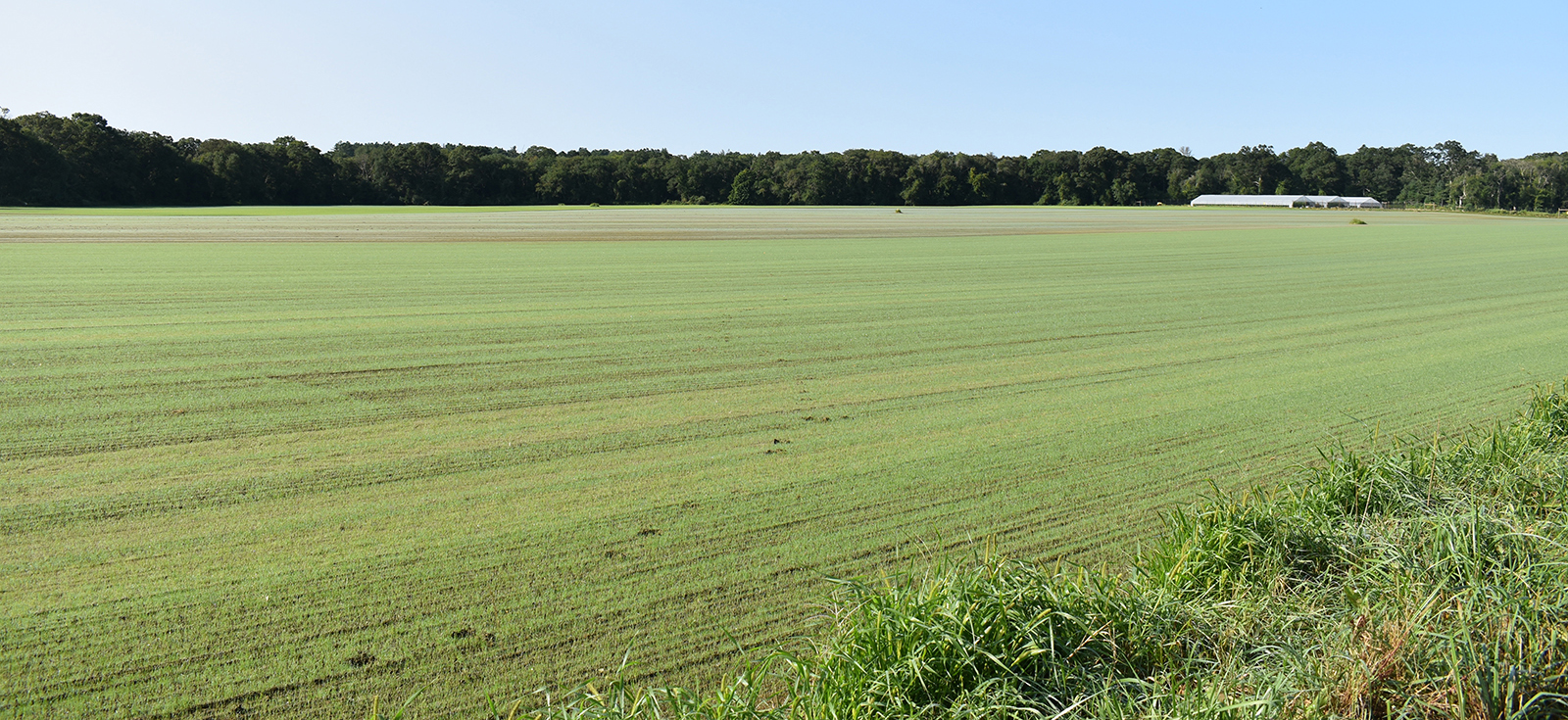Historic Broadwall Farm Permanently Protected for Agriculture
December 19, 2016
COVENTRY, R.I. — The Rhode Island Department of Environmental Management (DEM), in partnership with The Nature Conservancy, recently bought conservation protection for historic Broadwall Farm. The 224-acre property — one of the last large, unprotected farms in Rhode Island, according to state officials — is now permanently preserved for agriculture and environmental conservation.
Since 1985, 105 farms spanning 7,174 acres have been permanently protected by DEM and its partners.
“It is such a thrill to preserve a beautiful working farm like historic Broadwall,” DEM director Janet Coit said. “Rhode Island’s farms and iconic landscapes create a sense of place unique to us. They are an important part of our history, and future.”
The preservation of Broadwall was made possible with the vision and trust of the owner, Meg Ferguson, and The Nature Conservancy, according to Coit.
On Sisson Road in western Coventry, Broadwall Farm is enclosed by a network of widestone walls, which provide the farm’s namesake. The historic farmstead includes an 18th-century farmhouse and a beef-heifer operation, as well as pasture, forestland, wetlands and small streams.
The property abuts 223-acre Griffith Farm. Broadwall’s frontage on Waterman Pond is partially protected by a 24-acre refuge owned by the Audubon Society of Rhode Island. Together these properties represent a large swath of protected farmland, forest and habitat.
“The protection of Broadwall Farm is a tremendous win for conservation and for the preservation of Rhode Island’s traditional working lands,” said Scott Comings, interim state director of The Nature Conservancy. “The farm’s scenic vistas and wildlife values are irreplaceable.”
The $660,000 purchase was made possible through state bond money administered by the Agricultural Lands Preservation Commission and The Nature Conservancy, which provided $284,788 in grant funding through the Champlin Foundations.




Wonderful news!!